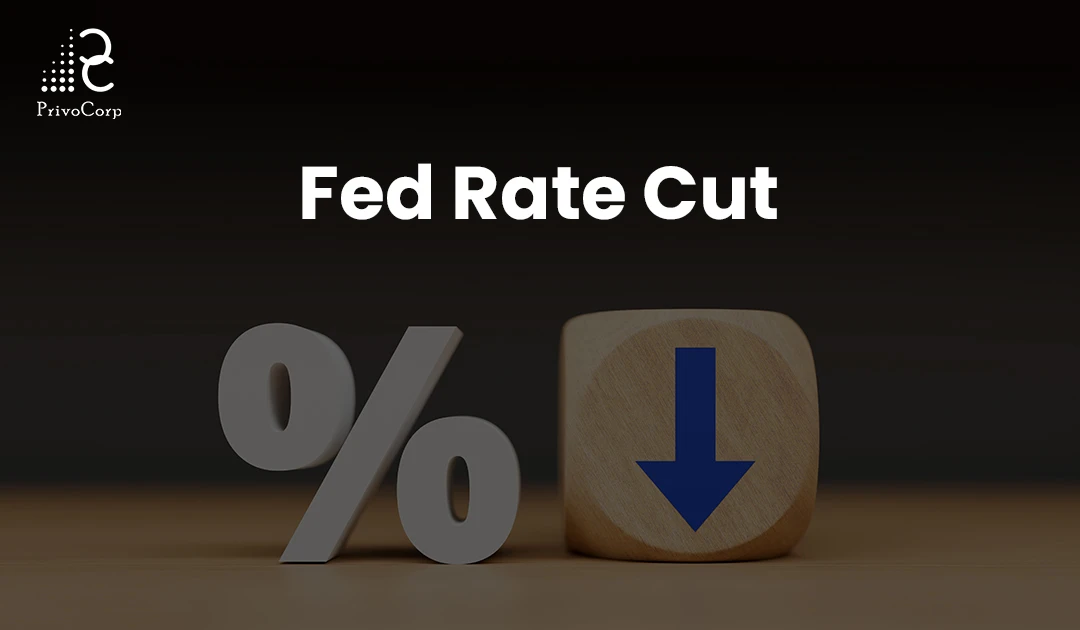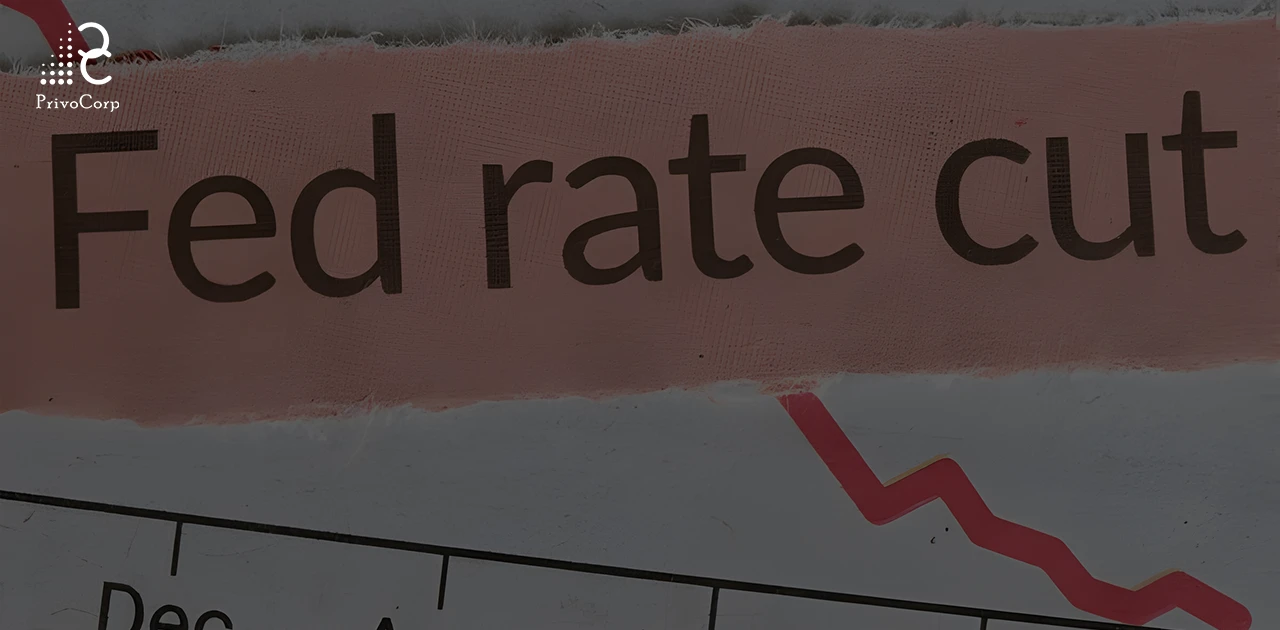The mortgage industry is one of the most highly regulated industries especially after the 2008 recession. It’s imperative that lenders pay careful attention to compliance in the mortgage process to protect themselves and their borrowers. However, as the regulatory landscape keeps changing, organizations need to ensure that their operations are agile enough to keep pace.
State of Compliance in Mortgage Process in 2022-2023
There has been a sea change in the regulatory environment in the past two years. The pandemic caused major disruptions. To add to it, spike in the inflation and political disturbances have led to more checks on mortgage.
For example, there have been new regulations issued by the Consumer Financial Protection Bureau (CFPB) related to qualified mortgages. This is to ensure that borrowers have the ability to make regular payments, based on their debt-to-income ratio. Changes were also introduced to the Home Mortgage Disclosure Act raising the reporting burden on lenders.
Needless to say, such regulatory changes are necessary in a changing economy. However, they certainly mean additional workload on lenders. Increased regulation of compliance in mortgage process means more underwriting and auditing due diligence. The need of the hour is an efficient mortgage compliance system that helps easily navigate complexities.
Reasons Why Compliance in Mortgage Process is Important
There are several reasons why it is essential to stick to industry laws and regulations:
Avoiding penalties
Lenders who do not adhere to regulatory norms are susceptible to heavy penalties. This generally happens indirectly– for instance, non-compliance could lead to a cybersecurity oversight, causing a data breach that can lead to huge fines.
Reducing loss of revenues
Compliance in mortgage process is a requisite measure to protect lenders from fraud and other loss situations. Lenders can keep a close watch on their operations by staying compliant.
Offering ethical products
A chief reason why compliance is necessary is to ensure ethical business practices. It can safeguard eligible buyers from not being denied access to funding. It can also check that borrowers do not acquire insurmountable debt.
Keeping pace with a volatile market
In a fast-changing market, lenders need to update their products and policies constantly. Keeping up with regulatory change is one way in which lenders can react to market movements like shifting property prices and disposable incomes.
Responding to organizational change
Solid practices for compliance in mortgage process prepares lenders to better manage organizational changes like mergers and acquisitions. Organizational restructuring can happen smoothly if regular audits and ready documentation is maintained.
Tips to Strengthen Compliance in the Mortgage Process
Here are a few steps that lenders can take to improve compliance in mortgage process in the coming months.
1. Invest in a risk management platform
One way is to invest in a robust risk management platform that is a ready-to-deploy application for compliance. They help with managing Loan Boarding & Loan Administration with requisite regulatory standards. Such platforms have prebuilt templates as well as workflows to enable stakeholders to collaborate on tasks to avoid regulatory oversights.
2. Move operations to cloud
Oftentimes, letting data and processes exist in silos can increase the risks of errors and even non-compliance. An effective and sustainable way to reduce silos is through cloud adoption. Cloud-based mortgage solutions help keep myriad systems connected on the lending chain, with proper checks and balances in place to prevent non-compliance.
3. Outsource to an efficient partner
While outsourcing is a great way to achieve operational efficiency, working with multiple vendors can lead to third-party risk. Instead, associating with a partner who can offer various solutions under one roof can help optimize services. To enhance compliance in mortgage process, lenders need to work with a partner who has the necessary technical expertise. The partner should be able to help with everything related to Loan Boarding & Loan Administration. This includes due diligence at origination to title search and property preservation management.
4. Leverage AI and automation
Given that compliance in the mortgage process is becoming more complex, chances of human error are likely due to neglect. Artificial intelligence (AI) can process documents at a higher speed that is unmatched by human executives. Similarly, machine learning (ML) also helps better accommodate new laws and compliance rules.
How PrivoCorp can help?
PrivoCorp offers a suite of services related to compliance in mortgage process. Our expert team helps compare borrowers’ information with their demographic data in order to update the HMDA codes. We also review and research borrowers’ information received against OFAC’s SND list.
The HMDA requires financial institutions to maintain, report, and publicly disclose information related to mortgages. We offer services by looking into any data that needs to be scrubbed with any identified reporting errors before it is submitted.
Get in touch with us today to know more about our compliance services in the mortgage process.








